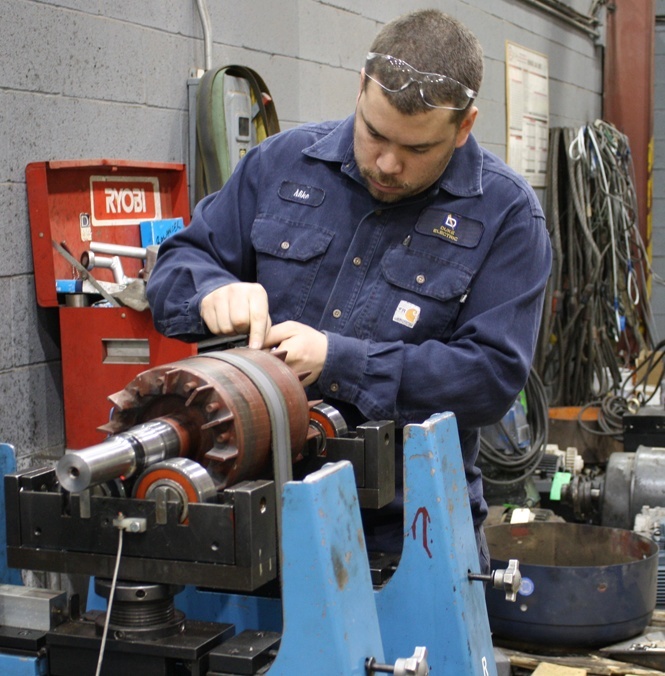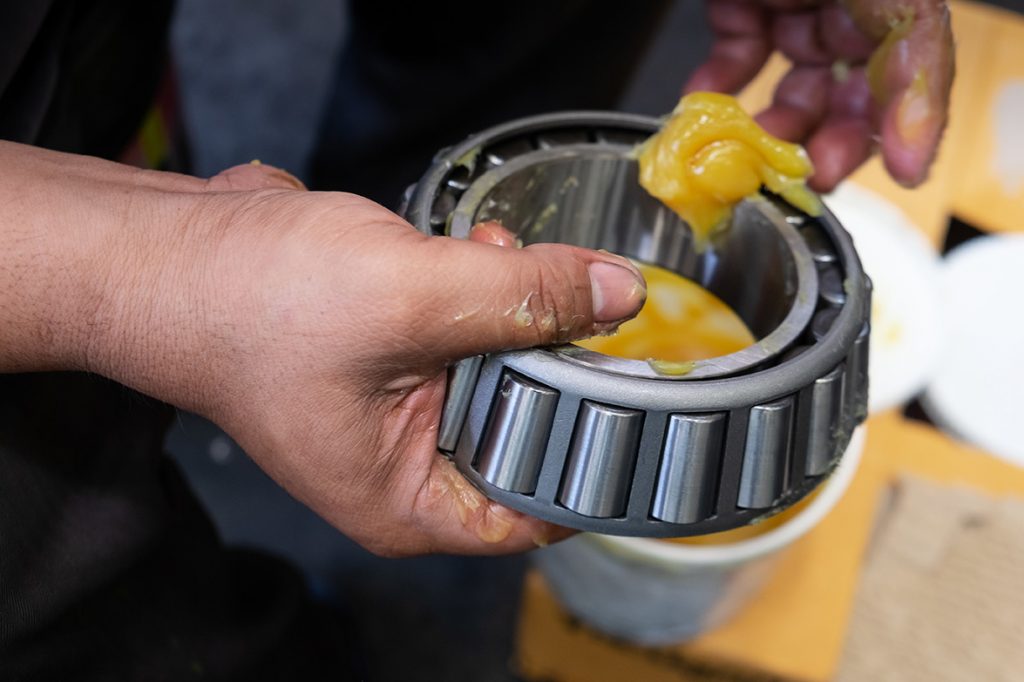What is a reactive maintenance strategy? November 22, 2019
Listen, we get it. You work hard. You’re busy. You’ve got a million things to worry about every day. Walking the shop floor to check in on equipment an hour after your spouse calls asking “When will you be home?” isn’t anyone's idea of a “good time.” Your team works with the equipment more than you do, they’d tell you if something was wrong, right? Besides, what’s that old saying? “If it ain’t broke, don’t fix it?”
Need Motor Repiar Now?
Our CSA-Certified repair facility can help you get back up and running.
Is reactive maintenance really a strategy?
A reactive maintenance “strategy” (we’re being generous here calling reactive practices a strategy) refers to maintenance that happens after something has already broken, exploded, or malfunctioned.
Reactive maintenance leads to;
- Higher repair costs
- Emergency plant shutdowns
- Loss of working time
- More headaches
Too many plant and facility managers are guilty of operating under this type of “maintenance” strategy. With so many things going on, it’s easy to understand why. But here’s the thing; employing a reactive maintenance strategy can cost you more than 5X as much in long term repair shutdowns and unscheduled stoppages than implementing a preventative maintenance strategy.
Sometimes a reactive maintenance strategy is unavoidable. Heck, sometimes it even makes sense. If equipment parts are easy to replace, cheap to repair and failure or malfunction doesn’t affect high-value assets (like the breakroom coffee maker) then a reactive maintenance strategy is fine and dandy. A simple rule of thumb: less than 20% of your maintenance strategy should be devoted to reactive maintenance.
Some alternatives to reactive maintenance
Two of the most common alternatives to reactive maintenance are preventive & predictive maintenance. These two methods involve taking a pro-active approach to maintaining your critical motors and equipment to ensure that you catch problems before they happen. You can read more about preventive and predictive maintenance in this handy article.
If you’re spending too much time putting out fires and cleaning up messes, be sure to check out our preventive maintenance guide and find out how you can keep your motors running.
If somethings already broke, give us a call; we eat problems for breakfast.





